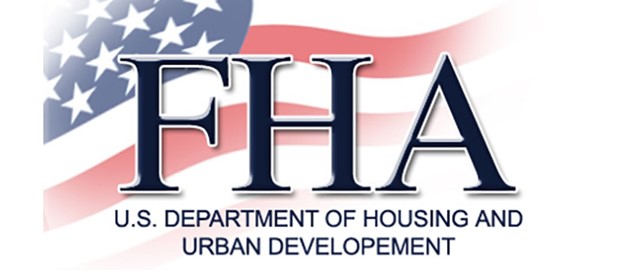
General Background. The Just Housing Amendment (“JHA”) took effect in Cook County on January 1, 2020. The JHA applies to all Cook County landlords, including condominium and homeowner associations. Please note that an association in possession of a dwelling because of eviction proceedings, as well as any association policy and/or rule regarding leases, must comply with the JHA.
The JHA was passed to reduce housing discrimination towards individuals with criminal histories. Prior to its passage, landlords were able to ask applicants a general question on having a criminal background. If an applicant answered in the affirmative, the landlord could deny the application. As of January 1, 2020, landlords, including associations as described above, are prohibited from denying an application based on such criteria. To deny an application based on an applicant’s criminal history, a landlord must perform a two-step application process, and even then, a landlord is limited to what criminal history can be used for denying the application. Please note that the JHA does not require landlords conduct criminal background checks. The JHA is triggered only if a landlord wants to conduct a criminal background check as a part of the application process.
Step One: Prequalification. Before a landlord (or association) can conduct a criminal background check, the landlord must evaluate an applicant’s income, rental history, credit score, employment, etc. Any inquiries into an applicant’s criminal background check during this step is prohibited. If an applicant does not satisfy the landlord’s prequalification requirements, then the application can be denied. If the applicant satisfies the prequalification requirements, then the landlord can conduct a criminal background check. Certain disclosures and notices must also be provided to the applicant before a landlord can accept an application fee.
Step Two: Criminal Background Check. After completion and satisfaction of Step One, a landlord can conduct a criminal background check and perform an “individualized assessment” of the results. Landlords are required to provide a copy of the results to the applicant. The applicant can dispute results of the background check if the application is denied. A landlord can only deny an application after conducting the individualized assessment. The denial is limited to criminal history dating back three (3) years and necessary to protect personal safety and/or property. Certain criminal histories are exempt from the JHA restriction.
Looking Ahead. Associations located in Cook County should review their governing documents, rules, and policies related to leasing to ensure compliance with the JHA. It is possible that an association’s current rules and policies do not comply with the JHA two-step process. Further, an association’s rules and policies should be amended to include the JHA required disclosures and notices.
Landlords located in Cook County should review their lease applications to ensure compliance with the JHA. Certain questions frequently included on lease applications may not comply. If necessary, the lease application should be revised and include the required disclosures and notices.
Our office can assist your association’s compliance by offering the following:
Our multiple law office locations allows us to meet with you at a convenient location.
admin@csrlawfirm.com Mon – Fri 9:00-5:00
This article is being provided for informational purposes only. This article does not constitute legal advice on the part of Costello Sury & Rooney. or any of its attorneys. No association, board member or any other individual or entity should rely on this article as a basis for any action or actions. If you would like legal advice regarding any of the topics discussed in this article and/or recommended procedures for your association going forward, please contact our office.